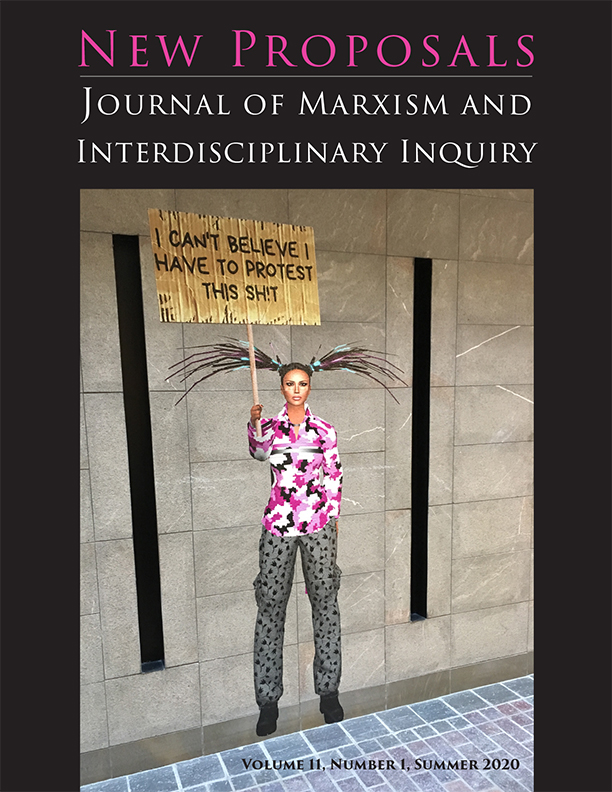Capitalism and Utopia in the Social Theory of André Gorz
Abstract
In this essay, I seek to provide an overview of André Gorz's conception of modern capitalism, considering different moments of his intellectual production. From his initial criticism of the concept of the proletariat between the 1970s and 1980s until his last theoretical work that addresses the notion of immaterial work, we found in this author an original debate with the tradition of Marx to the present reason for intense polemics, especially when we consider aspects which involve the theory of work value, and the potential of social groups to present themselves as collective subjects capable of leading human emancipation. At the same time that the core of his criticism of capitalism has been changing over more than three decades, we realize that the utopian potential has always been on the horizon of Gorz's thought and, like the tradition of critical theory, it has a strong normative content. The possibilities of human emancipation, however, need to consider transformations that have taken place in the capitalist mode of production in the last four decades.Downloads
Published
2020-07-11
Issue
Section
Comments and Arguments

